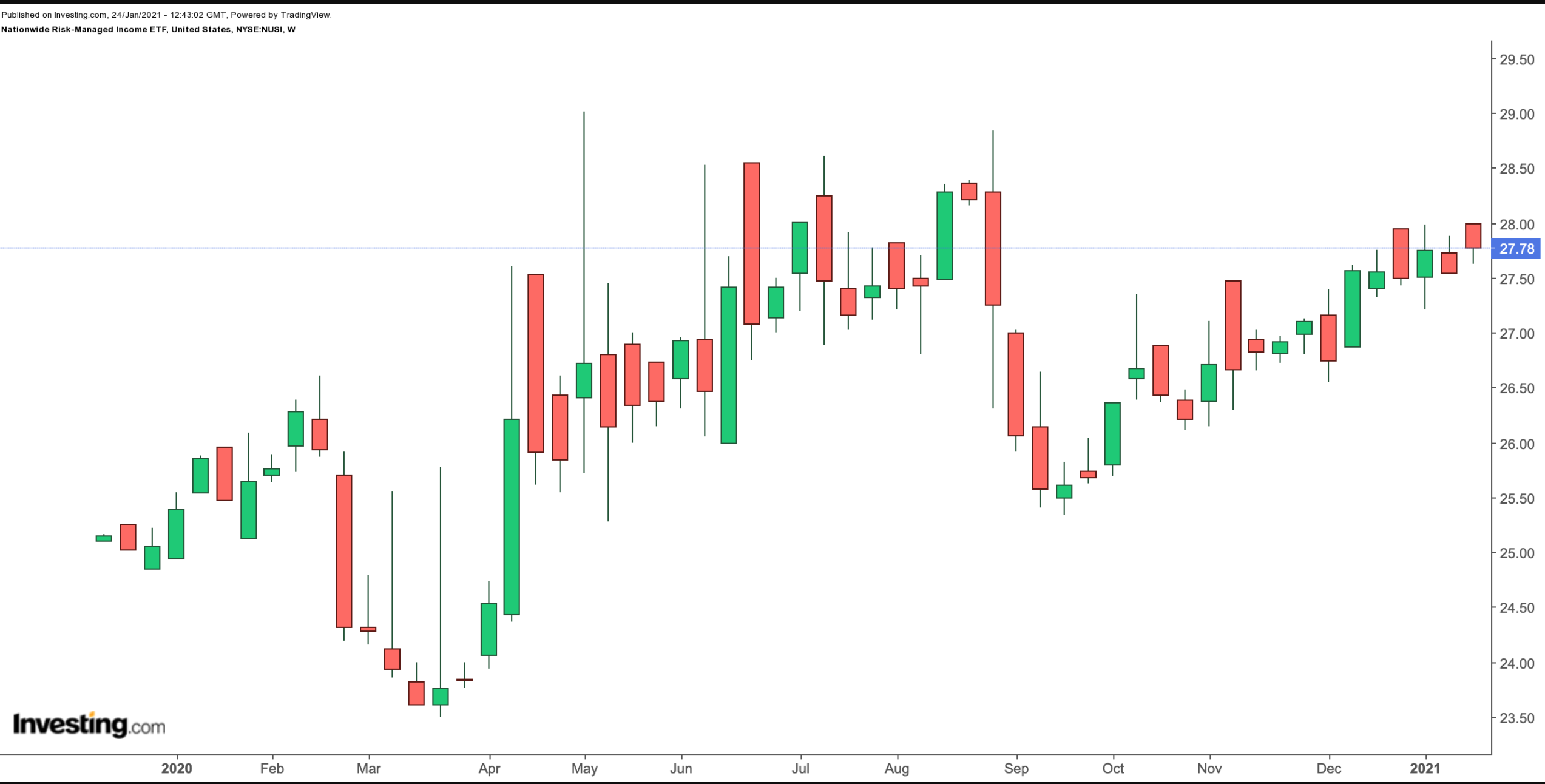Wall Street is on track this week for a flood of quarterly earnings reports from some of the US's biggest companies. Investors will be paying special attention to Big Tech}} and other businesses whose results could move the markets.
Last week saw the four major US indices hit new record highs. However, along with robust price action, volatility could easily return to equities and put pressure on names that could disappoint if they don't meet market expectations.
Recent research by Juhani T. Linnainmaa, and Conson Y. Zhang of the University of Southern (NYSE:SO) California suggests:
"Many return anomalies relate to earnings announcements. Stock prices tend to move in the direction of recent earnings surprises."
In addition to analysing income statements, balance sheets and cash flow statements, market participants will now be keen to get a better sense of companies' forecasts, not just for the upcoming quarter but especially for full-year 2021. Over the past several months, earnings estimates for many sectors have been rising, leading to the run-up in share prices, too.
Put another way, much of the good news for early 2021 could already be factored into the current index levels. In the case of potential warnings from any of the leading names, choppiness and profit-taking could be the immediate effect.
J. Christopher Hughen and Peter P. Lung of the University of Denver highlight: “the relatively poor performance of growth stocks occurs in quarters with negative earnings surprises.”
Against that backdrop, here is today's exchange-traded fund (ETF).
Nationwide Risk-Managed Income ETF
- Current Price: $27.70
- 52-Week Range: $23.50-$29.01
- Distribution Yield: 7.78%
- Expense Ratio: 0.68%
Today's ETF, the Nationwide Risk-Managed Income Fund (NYSE:NUSI), was launched in December 2019. Assets under management are close to 200 million.
The fund's aim is to generate income and mitigate risk in order to enhance total returns. To achieve this aim, portfolio managers use dynamic options strategies, including covered calls and protective puts as well as options-based ETFs, which we have discussed. We also discussed buffered ETFs.

The fund first buys all underlying stocks in the NASDAQ 100 Index as individual shares and not through an ETF, such as the Invesco QQQ Trust (NASDAQ:{{651|QQQ).
Then, NUSI writes covered calls on the tech-heavy NASDAQ 100, made up of the 100 largest non-financial companies listed on the NASDAQ Stock Market.
Through the premium collected, covered calls help generate income, providing a degree of downside protection in falling markets. The fund also collects dividends received from the equity positions held.
Fund managers typically choose strike prices near at-the money (ATM) or slightly out-of-the-money (OTM). Expiration dates are usually within one month.
NUSI's 12-month distribution yield stands at 7.78%. Investors would receive it if they were to hold the fund over that period. Every month, fund managers seek to distribute a portion of the income from writing/selling these call options and the dividends.
Meanwhile, the fund also hedges the risk of significant drops in the underlying stock portfolio by buying OTM NASDAQ 100 protective puts. Such a put position, in effect, puts a “floor” on the value of the shares held in the fund until the expiry date of the options. The hedge strategy would especially kick in during the market downturn similar to what we saw in the first quarter of 2020.
Some of the premiums generated from the sale of mostly ATM covered calls are used to pay for these OTM puts, which would mostly be less costly to purchase.
The combination of covered calls and protective puts makes NUSI overall a defensive net-credit (i.e., income) collar strategy, limiting both the upside and downside potential.
However, as covered calls cap a stock’s or an ETF's gains in a rising market, the fund managers also propose to follow an active strategy. If the NASDAQ 100 keeps increasing, they buy back the (short) call options and close those positions, especially in the final week before expiry.
As a result of actively buying back the call options, the fund rides with the NASDAQ 100 index in the days before expiry. Such an active strategy can mean both extra return and risk. Meanwhile, the fund keeps the protective puts on as a protection against a potential market crash.
Put another way, NUSI is a lower-risk lower-reward fund, when compared to, for instance, QQQ, which returned almost 45% in the past year. On the other hand, NUSI went up by 8% in the past 52 weeks.
Thus, given the risk/return profile and the collar option strategy, NUSI cannot outperform a fund like QQQ. However, in the case of a potential market meltdown, NUSI would not see stomach-churning down days, either.
This ETF could be an appropriate strategy during earnings season reporting, especially for those investors who believe there could be selling pressure soon. It is a less volatile strategy for having NASDAQ 100 equity exposure. It could also be suitable for income-focused investors, such as retirees.
